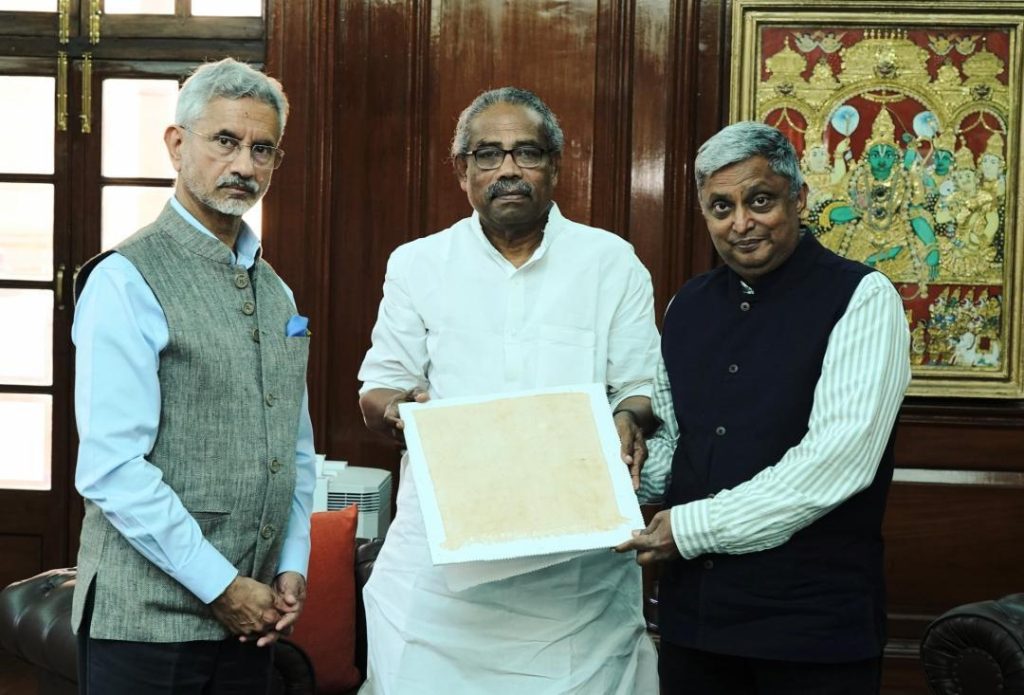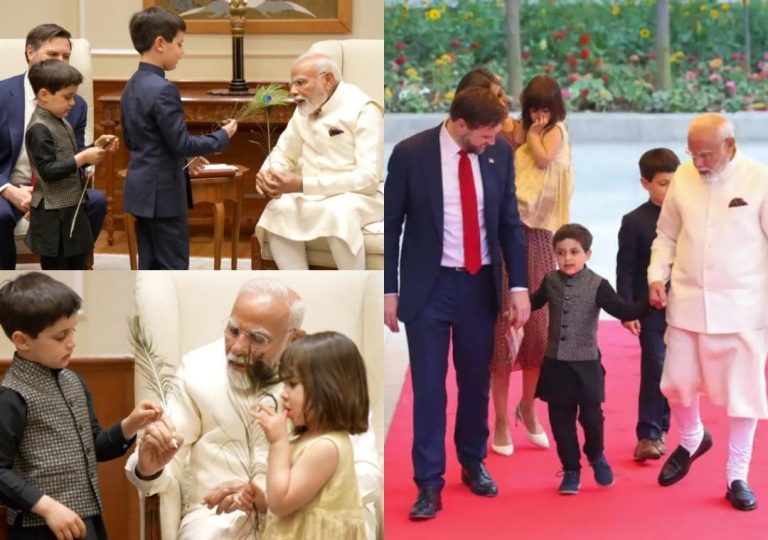
South Africa Hands Over Mahatma Gandhi-Related Artefacts to India
Mahatma Gandhi, the father of the Indian independence movement, has a special connection with South Africa. The country, where Gandhi spent 21 years, played a significant role in shaping his thoughts and philosophy. In a recent development, South Africa has handed over artefacts and documents related to Gandhi to India, marking a significant milestone in the cultural exchange between the two nations.
On Sunday, External Affairs Minister S Jaishankar announced that South Africa had handed over the artefacts to India’s National Gandhi Museum. The artefacts have been received by the National Gandhi Museum from South Africa’s Phoenix Settlement Trust-Gandhi Development Trust. These artefacts and documents are a testament to Gandhi’s life and legacy in South Africa, and their return to India is a significant moment in the country’s cultural heritage.
Notably, Mahatma Gandhi established the Phoenix Settlement, his first ashram-like community, in 1904 near Durban. This settlement was a significant milestone in Gandhi’s life, as it was here that he began to develop his philosophy of non-violent resistance, which would later become a hallmark of the Indian independence movement.
The artefacts handed over by South Africa include documents, photographs, and other materials that provide valuable insights into Gandhi’s life and work in the country. These artefacts are expected to be showcased at the National Gandhi Museum, which is located in New Delhi. The museum is a popular tourist destination and a significant cultural institution in India, dedicated to preserving the legacy of Mahatma Gandhi.
The return of these artefacts is a significant moment in the cultural exchange between India and South Africa. It marks a recognition of the deep connection between the two nations, which was forged during Gandhi’s time in South Africa. Gandhi’s experiences in South Africa played a significant role in shaping his thoughts and philosophy, and his legacy continues to be celebrated in both countries.
Gandhi’s time in South Africa was marked by his struggles against racial segregation and discrimination. He was a vocal critic of the apartheid regime, and his activism in the country helped to lay the groundwork for the Indian independence movement. Gandhi’s philosophy of non-violent resistance, which he developed during his time in South Africa, was later adopted by civil rights movements around the world, including the American Civil Rights Movement.
The return of these artefacts is also seen as a gesture of goodwill between the two nations. It marks a recognition of the historical ties between India and South Africa, and a commitment to preserving the legacy of Mahatma Gandhi. The artefacts are expected to be a significant addition to the National Gandhi Museum, and will provide visitors with a unique glimpse into Gandhi’s life and work in South Africa.
In conclusion, the return of Mahatma Gandhi-related artefacts from South Africa to India is a significant moment in the cultural exchange between the two nations. It marks a recognition of the deep connection between India and South Africa, and a commitment to preserving the legacy of Mahatma Gandhi. The artefacts are expected to be a significant addition to the National Gandhi Museum, and will provide visitors with a unique glimpse into Gandhi’s life and work in South Africa.






